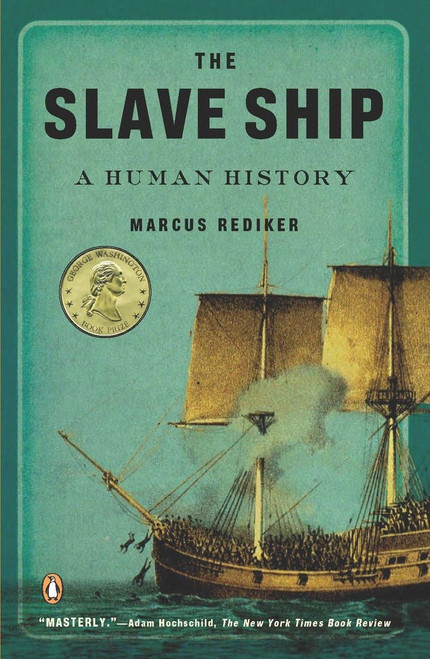History Files: This new paperback series presents the people, events, and ideas that shaped our past and made our present. Drawing upon the latest research, the books are abundantly illustrated with telling images from out-of-the-way sources, and offer the tangible fragments of vanished times in the form of loose-leaf facsimile documents that are included in the books.
The sixteenth-century Spanish and Portuguese explorers who went to Africa in search of gold discovered an even more lucrative cargo: slaves. A hugely profitable transatlantic trade in human lives soon developed, linking the continents of Europe, Africa, and the Americas, and great fortunes were built. Africans and their descendants cultivated sugar throughout the Caribbean and Brazil, and tobacco, cotton, and rice in the American South. A fervent abolitionist campaign eventually succeeded in changing public opinion and forced governments to outlaw it, but the Atlantic slave trade persisted well into the nineteenth century, with incalculable human costs.James Walvin is an expert guide to the origins, development, eventual abolition, and legacies of the slave trade, focusing on the experiences of those who lived through slavery. The ten facsimile documents include plans and logs of slave ships and auction sale notices as well as private letters and emancipation proclamations. A wealth of evocative imagesphotographs, paintings, objects, and contemporary mapsgive further insight into the horrors and global impact of the transatlantic slave trade. 102 color and 38 black-and-white illustrations, and 10 facsimile documents

























